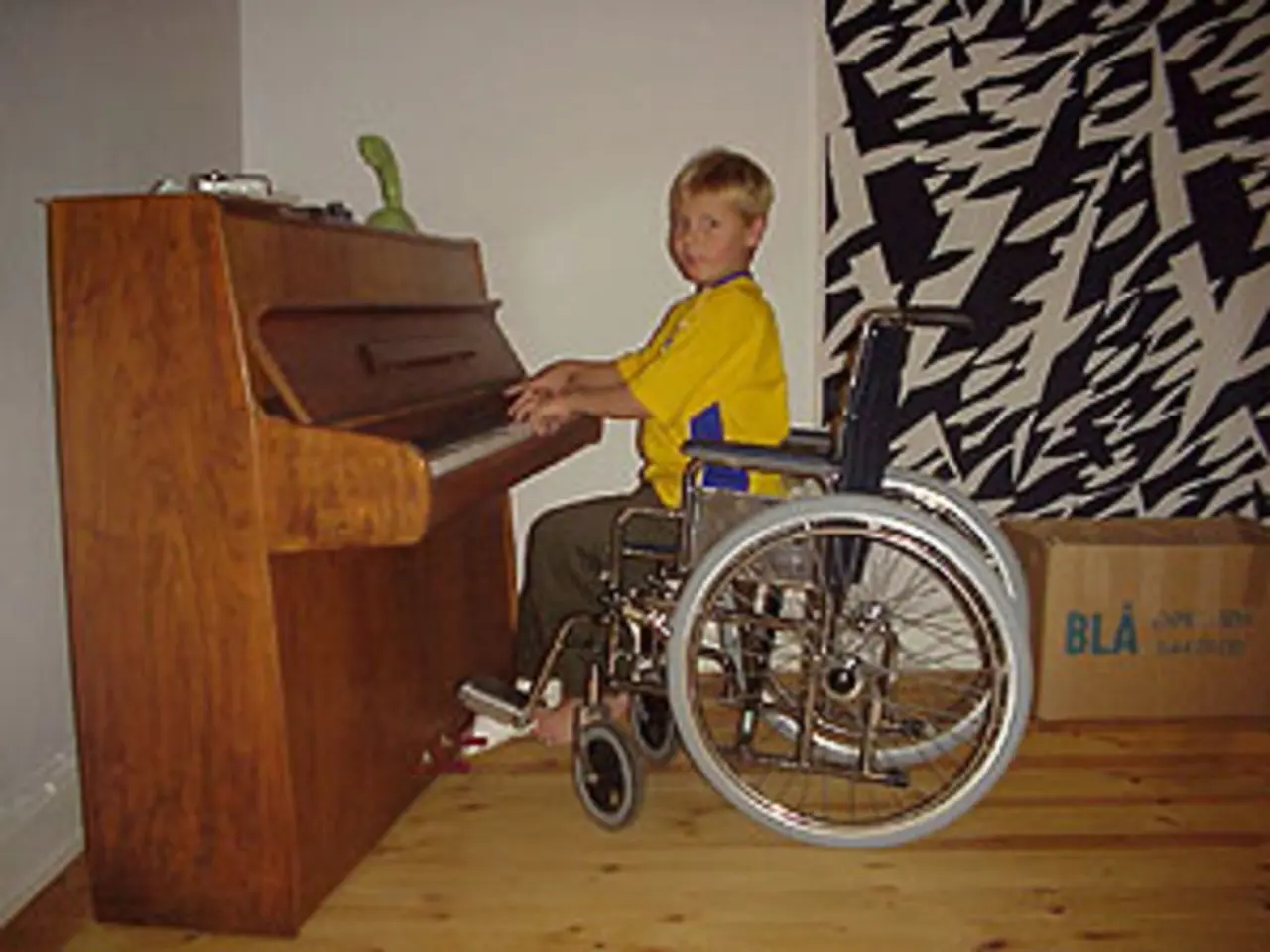Study: Both EIBI and ESDM Effective for Toddlers with ASD
A groundbreaking study involving 87 toddlers with autism spectrum disorder (ASD) has found that both Early Intensive Behavioral Intervention (EIBI) and Early Start Denver Model (ESDM) treatments, delivered for either 15 or 25 hours per week, lead to significant improvements in language, nonverbal abilities, and autism symptom severity. The study, conducted from 2012 to 2019 by leading research teams, challenges the notion that one type of intervention is superior to another.
The investigation, published in the Journal of the American Academy of Child and Adolescent Psychiatry, randomized toddlers aged 12-30 months into four groups: EIBI for 15 hours, EIBI for 25 hours, ESDM for 15 hours, or ESDM for 25 hours. After two years, all groups showed substantial gains in language and nonverbal skills, and reductions in autism symptoms. Researchers noted several commonalities across interventions, such as using evidence-based methods, consistent delivery, and parental coaching, which may explain the similar outcomes. Interestingly, neither the type of intervention nor the number of hours had a significant impact on outcomes after one year. The study emphasizes the importance of ongoing, one-on-one caregiver coaching in all early interventions for children with ASD.
The study underscores that both EIBI and ESDM treatments, delivered in varying hours, can effectively improve outcomes for toddlers with ASD. The key lies in consistent, evidence-based interventions and ongoing parental coaching, rather than the specific type or duration of treatment. These findings offer valuable insights for parents and professionals seeking the best approaches for supporting children with ASD.
Read also:
- Is it advisable to utilize your personal health insurance in a publicly-funded medical facility?
- Dietary strategies for IBS elimination: Aims and execution methods
- Benefits, suitable dosage, and safety considerations for utilizing pumpkin seed oil in treating an overactive bladder
- Harmful Medical Remedies: A Misguided Approach to Healing






